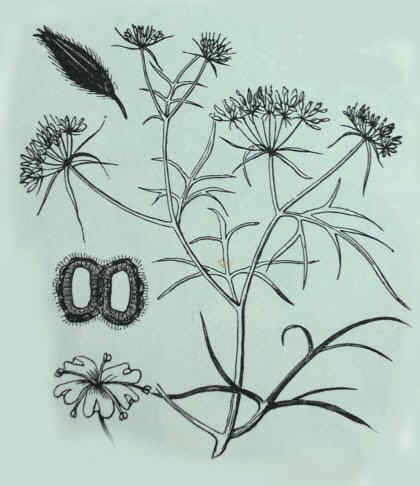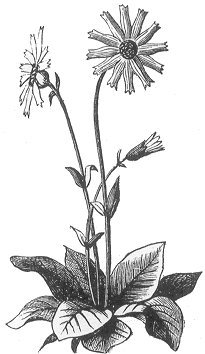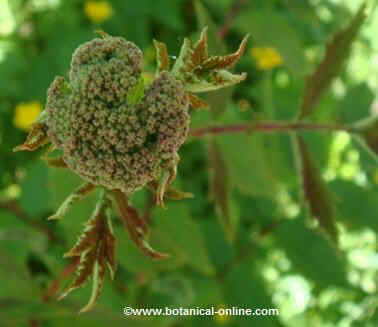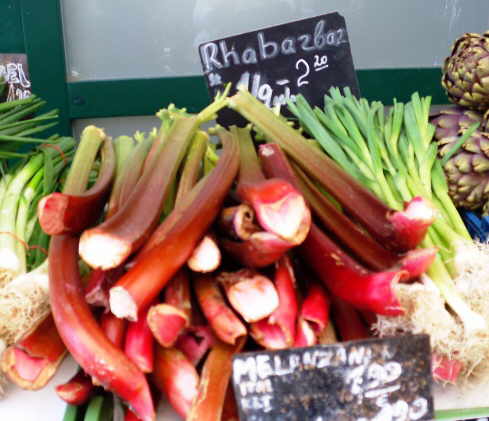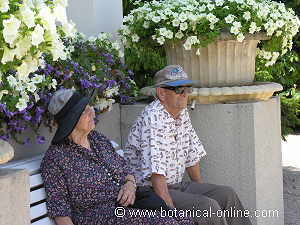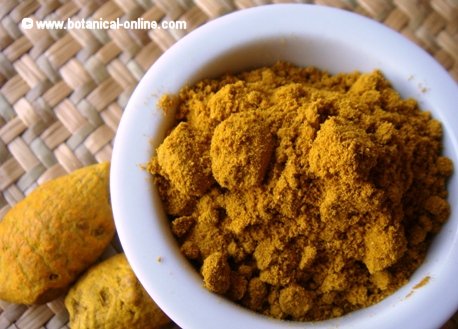Contents
MEDICINAL BENEFITS OF BARBADOS CHERRY
Medicinal properties of acerola
Acerola or West Indian cherry (Malpighia glabra) is a fruit of small size, between 1-3cm. in diameter, containing a wealth of vitamin C.
The fruit comes from a perennial shrub native to central America.
Acerola cherries are one of the richest sources of vitamin C in nature. The fruit pulp is fleshy, sweet and very acidic. Its juice contains an astounding 1,000 to 4.000mg. vitamin C per 100g. (Depending on maturity).
Acerola cherries fruits are also rich in tannins (20-25%), carotenoids and phenols, which increase their antioxidant power.
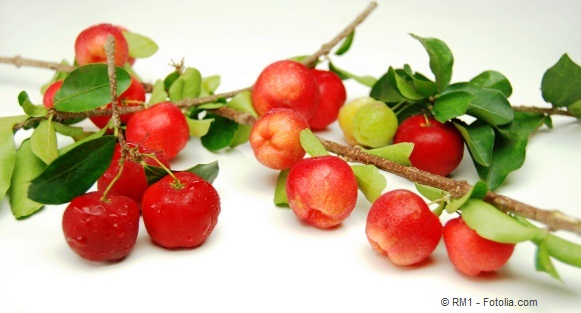
Fruits and branches of acerola
Remedies of internal use with Barbados cherry
– For infections: acerola is the richest fruit in vitamin C that nature offers us. Its content exceeds that of other fruits like guava or rosehip. It contains phenolic compounds with antibacterial action that may help treat infections.
This fruit receives special interest during the autumn and winter season, because of its richness in vitamin C to relieve symptoms of cold, flu, bronchitis, to increase immunity and especially for respiratory diseases. In addition, vitamin C helps brain neurotransmitters, so it is useful to combat seasonal depression.
Acerola juice is rich in tannins, substances with harsh taste that, in contact with the gastrointestinal mucosa, form a layer that protects the skin from sore throat, reflux and gastritis.
Main healing properties of acerola
– An anti-aging food: acerola, because it is an excellent source of vitamin C and other antioxidants, acerola is an anti-aging quintessential fruit.
Scientific studies have shown the properties of acerola to scavenge free radicals and being a food to prevent age-related diseases such as hypertension, cancers, arteriosclerosis, dementia and degenerative diseases such as Alzheimer’s and multiple sclerosis.
– Respiratory system: Vitamin C has adequate to treat allergies, asthma attacks and other allergic symptoms such as sneezing and mucus antihistamine properties. As a result of its anti-infective properties, it useful in the treatment of respiratory diseases and also for sinusitis.
– Cardiovascular properties: Vitamin C helps treat hypertension, to improve circulation and reduce the risk of strokes. Vitamin C appears to preserve the strength and elasticity of blood vessels and prevent blood clots.
– Diabetes: acerola is rich in nutrients that help treat diabetes. In addition to the properties of vitamin C, acerola extract has antioxidant components (cyanidins and quercetin) which have been shown to prevent type II diabetes mellitus. Fruit polyphenols help regulate the absorption of dietary sugars, and improve postprandial glucose levels (after eating).
Vitamin C also helps prevent complications associated with the diabetic patient as cataracts, glaucoma and hypertension. The antioxidant properties of vitamin C extend the life of the good cholesterol, helping to extend their heart-healthy effects and lower bad cholesterol.
– Purifying fruit: acerola can not miss on any cleansing diet due to the detoxifying properties of vitamin C. This vitamin also has functions for the treatment of liver diseases.
– Healing arthritis: Vitamin C is involved in collagen formation. Collagen is a protein that forms the skin tissue, and improves its elasticity, so it is useful to increase vitamin C intake in cases requiring wound healing and for the formation of new tissues: cuts, burns, osteoarthritis, diverticulitis. Together with glutamic acid, vitamin C is essential for the treatment of arthritis.
– Iron-deficiency anemia: due to the properties of vitamin C to increase absorption of dietary iron, acerola supplements may be helpful for people with iron deficiency anemia.
In contrast, people with the disease to accumulate iron (hemochromatosis), may develop iron poisoning as a side effect to this supplement.
![]() More information about Barbados cherry.
More information about Barbados cherry.

